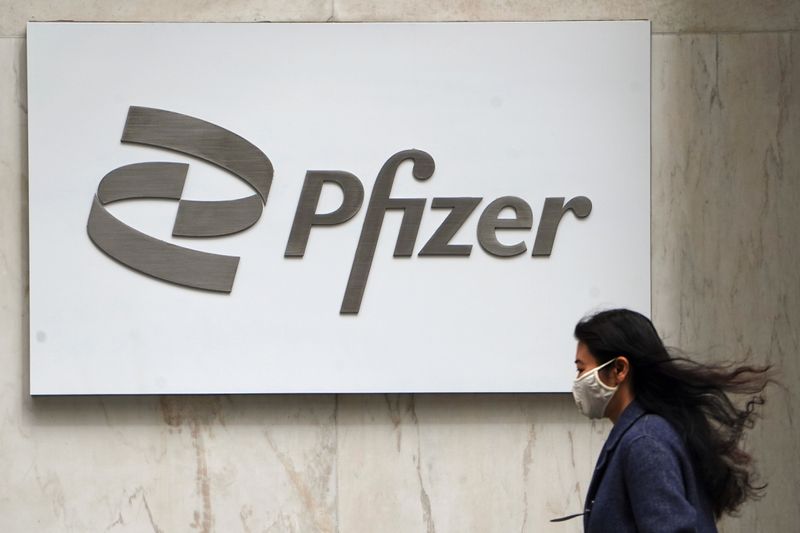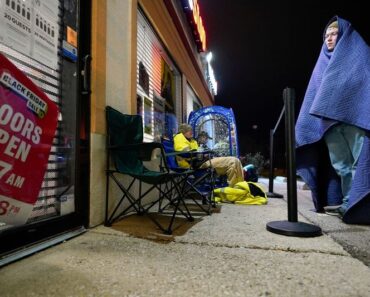This post was originally published on this site

(Reuters) – A U.S. appeals court on Tuesday revived a lawsuit against AstraZeneca (NASDAQ:AZN), Pfizer (NYSE:PFE) and other companies over allegations their contracts with Iraq’s health ministry helped fund terrorism that killed Americans during the war in Iraq.
The plaintiffs contend that the militia group Jaysh al-Mahdi, sponsored by Hezbollah, controlled Iraq’s health ministry and that the 21 defendant U.S. and European medical supply and manufacturing companies made corrupt payments to obtain medical-supply contracts.
The companies have denied any wrongdoing. Representatives from the five corporate groups – AstraZeneca, GE Healthcare USA Holding, Johnson & Johnson (NYSE:JNJ) Pfizer and Hoffmann-La Roche Inc did not immediately respond to requests for comment.
The lawsuit revived by the U.S. Court of Appeals for the District of Columbia Circuit was brought by family members of victims of attacks in Iraq by the Mahdi group. A federal trial judge dismissed the lawsuit in 2020.
Lawyer Kannon Shanmugam, who argued the appeal on behalf of the companies, did not immediately comment.
The lawyer for the family members, Joshua Branson, also did not immediately comment.
Lawyers for the companies told the appeals court that they provided the Iraqi government “life-saving breast cancer treatments, hemophilia injections, ultrasounds, electrocardiogram machines, and other medical goods” after the U.S.-led invasion of Iraq toppled strongman president Saddam Hussein in 2003.
Shanmugam said in court in September that a ruling against the companies “would have a severe chilling effect on the willingness of companies and non-governmental organizations to conduct essential activities, often at the government’s request, in troubled regions.”


